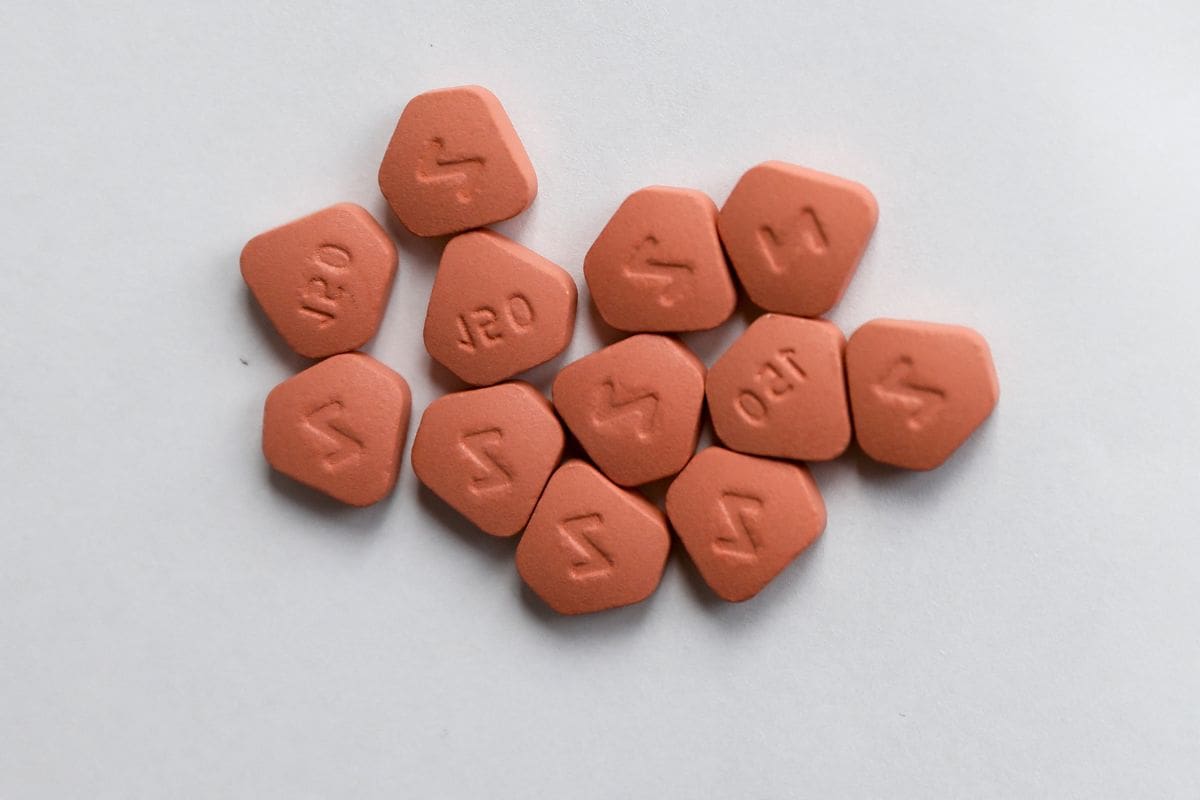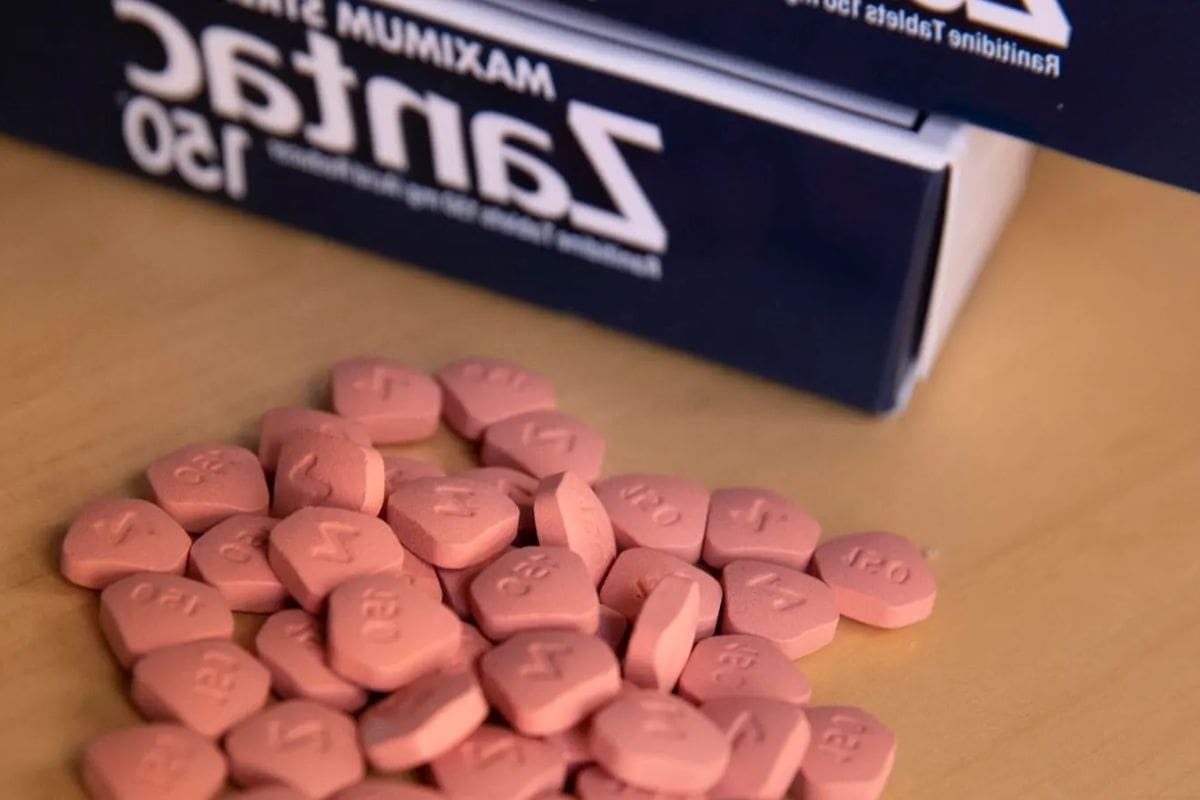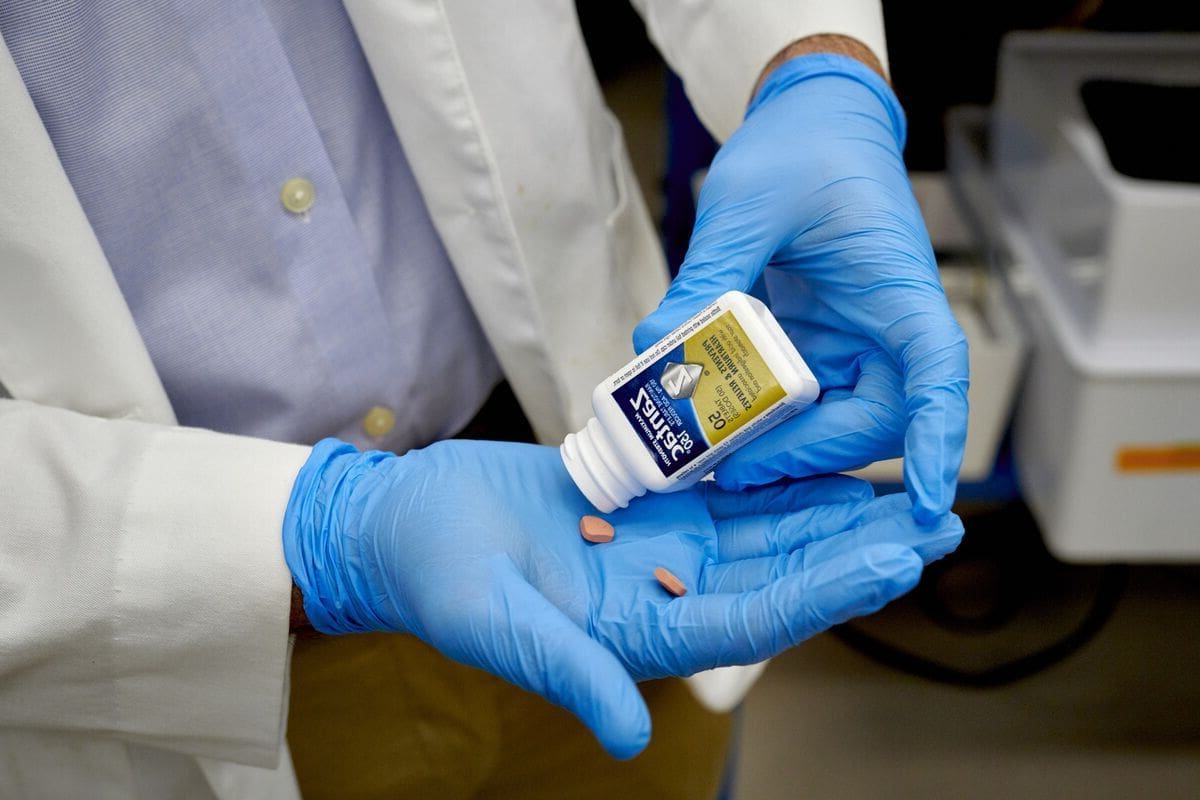GSK Settles Another Zantac Lawsuit: In the latest development of the ongoing legal saga surrounding Zantac, pharmaceutical giant GlaxoSmithKline (GSK) has reached a settlement in yet another lawsuit, this time with the state of California.
The resolution comes amidst mounting concerns over the popular heartburn medication’s potential link to cancer and subsequent market withdrawal. As the fallout from the Food and Drug Administration‘s (FDA) actions reverberates through the legal landscape, California’s role in the Zantac litigation has emerged as a crucial battleground.
While the settlement marks a significant milestone for GSK, the company’s share movement and future prospects remain under scrutiny. Stay tuned as we explore the intricate web of legal and regulatory challenges surrounding Zantac and its implications for GSK.
Key Takeaways
- GSK has reached a confidential settlement in a California lawsuit regarding Zantac.
- The terms of the settlement remain undisclosed, and GSK does not admit any liability.
- This settlement is part of GSK’s strategy to address multiple Zantac lawsuits.
- California’s legal environment and its role in Zantac litigation are significant due to the potential high settlement costs and complexity of managing numerous lawsuits.
Legal Resolution: GlaxoSmithKline Settles California Lawsuit over Zantac
GlaxoSmithKline (GSK) has reached a settlement in a California lawsuit over its discontinued heartburn drug, Zantac, furthering their legal resolution strategy. This settlement comes ahead of the trial that was scheduled for February 20.
It is important to note that GSK emphasizes that the terms of the settlement are confidential and does not admit any liability. This move is part of GSK’s broader approach to address litigation related to Zantac.
Zantac’s Rise and Fall: From Best-Selling Medicine to Regulatory Scrutiny
How did Zantac go from being the world’s best-selling medicine to facing regulatory scrutiny? Here are three key factors that contributed to its rise and fall:
- Initial success: Zantac, developed by GlaxoSmithKline (GSK), gained popularity in the late 1980s as a breakthrough medication for treating heartburn and acid reflux. It quickly became the best-selling drug worldwide, generating billions in annual sales.
- Safety concerns: In 2019, concerns emerged about the presence of N-nitrosodimethylamine (NDMA), a potential carcinogen, in ranitidine, Zantac’s active ingredient. Several companies suspended sales, leading to voluntary recalls and heightened regulatory scrutiny.
- Regulatory actions: The U.S. Food and Drug Administration (FDA) and other regulatory bodies conducted investigations and issued warnings regarding NDMA contamination in ranitidine products. Subsequently, GSK and other manufacturers faced numerous lawsuits and legal battles, resulting in settlements and further tarnishing Zantac’s reputation.
This swift decline from a best-selling medicine to regulatory scrutiny highlights the importance of ongoing safety assessments and the potential impact on pharmaceutical products.
ALSO READ: FBI Strike Against International Drug Trafficking
FDA’s Response: Market Withdrawal and Surge in Lawsuits
The market withdrawal of Zantac and its generic versions by the U.S. Food and Drug Administration (FDA) in 2020 has led to a surge in lawsuits against the pharmaceutical company GlaxoSmithKline (GSK).
The FDA’s decision to withdraw Zantac was based on the presence of a probable human carcinogen called N-Nitrosodimethylamine (NDMA) in the medication. NDMA is a known environmental contaminant and is classified as a probable human carcinogen. The FDA’s move to withdraw the drug was aimed at protecting public health.
Following the withdrawal, thousands of individuals who had taken Zantac and developed cancer or other related health issues filed lawsuits against GSK, alleging that the company knew about the presence of NDMA but failed to warn consumers.
As a result, GSK is now facing a significant number of legal challenges and has been settling several Zantac lawsuits.
Legal Landscape: California’s Role in Zantac Litigation
Following the surge in lawsuits against pharmaceutical company GSK due to the market withdrawal of Zantac, California’s courts have emerged as a significant battleground for Zantac-related litigation.
Here are three reasons why California is playing a crucial role in the legal landscape of Zantac litigation:
- Favorable Environment: California is known for its challenging legal environment for multinational companies, making it a favorable jurisdiction for plaintiffs seeking compensation. This perception adds complexity to legal proceedings for companies like GSK.
- Potential Settlement Costs: Analysts estimate that the potential settlement costs for GSK’s Zantac litigation in California alone could reach around $5 billion. This significant financial burden highlights the importance of California in the overall legal landscape.
- Complex Legal Proceedings: With numerous lawsuits filed against GSK in California, the state’s courts are facing the challenge of managing a large number of cases. The complexity of the legal proceedings further emphasizes California’s role in Zantac litigation.
California’s courts have become a crucial battleground for Zantac-related litigation due to its favorable legal environment, potential settlement costs, and the complexity of managing numerous lawsuits.
Market Response and Company Outlook: GSK’s Share Movement and Future Prospects
GSK’s shares experienced a 2% increase following the announcement of the settlement, indicating a positive market response. This uptick in share value follows GSK’s strong fourth-quarter results, which exceeded market expectations.
The company’s optimistic outlook for 2024 is centered around the growth of its vaccines and cancer drugs pipeline. Despite facing legal challenges related to the Zantac litigation, GSK remains confident in its ability to address safety concerns and navigate legal and financial implications.
The settlement of another Zantac lawsuit in California is seen as a significant development in this ongoing saga. GSK’s ability to resolve these legal issues and maintain a positive market response bodes well for its future prospects.
Conclusion Of GSK Settles Another Zantac Lawsuit
GlaxoSmithKline (GSK) has settled another lawsuit related to its popular heartburn medication, Zantac, in California. This settlement comes as Zantac has faced regulatory scrutiny and market withdrawal due to concerns about potential cancer-causing impurities.
GSK’s response to these lawsuits and market challenges has impacted its share movement and future prospects.
As the legal landscape surrounding Zantac continues to unfold, GSK’s ability to navigate these issues will be crucial for its future success.
Our Reader’s Queries
Did GSK settle another California lawsuit on heartburn drug Zantac?
On Wednesday, GSK (GSK.L) announced its resolution to settle an additional lawsuit in California, which alleged that its discontinued heartburn medication Zantac led to cancer. The British pharmaceutical company aimed to conclude this legal matter, addressing the financial burden of prolonged litigation that had impacted its shares.
Has there been any settlements in the Zantac lawsuit?
No settlements or jury verdicts have occurred in the Zantac federal MDL litigation. However, in Illinois, plaintiff Joseph Bayer voluntarily dismissed his state case ahead of the trial. This decision followed settlement offers from several generic manufacturers, totaling more than $500,000.
What is the Zantac lawsuit update 2023?
The trial scheduled to commence on November 13, 2023, will be dismissed. Additionally, GSK has reached settlements for the three remaining breast cancer bellwether cases in California. Consequently, GSK will be dismissed from these cases, eliminating all associated pre-trial hearings for the company.



